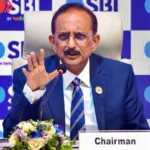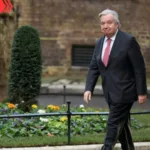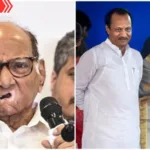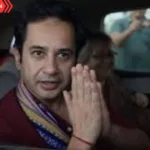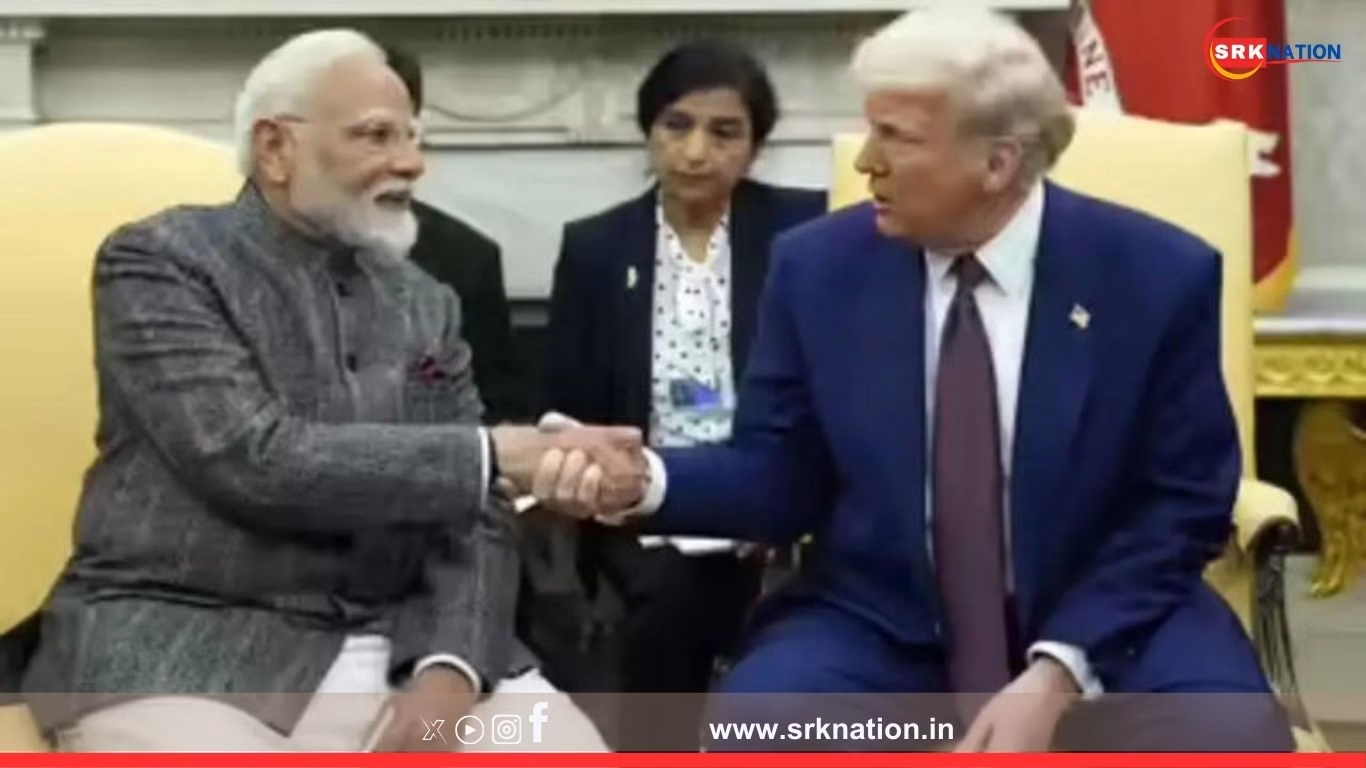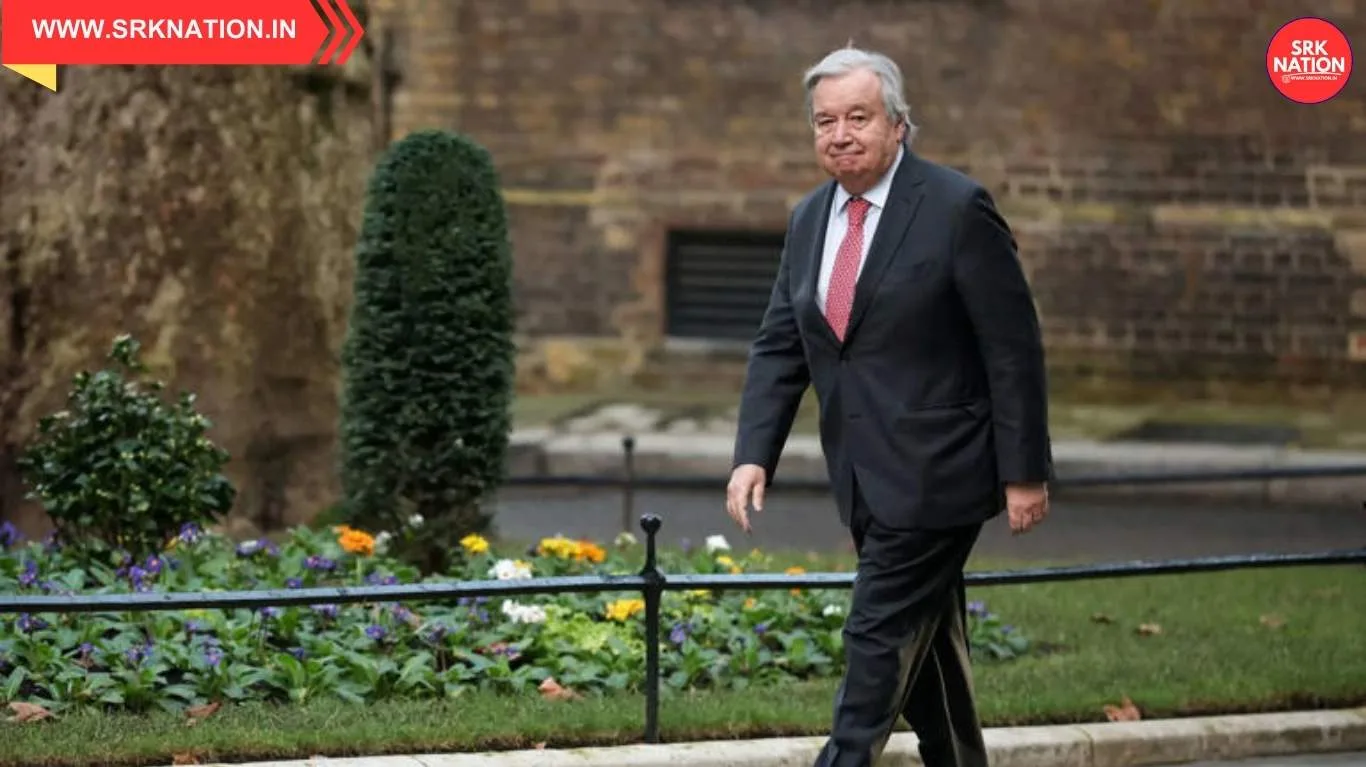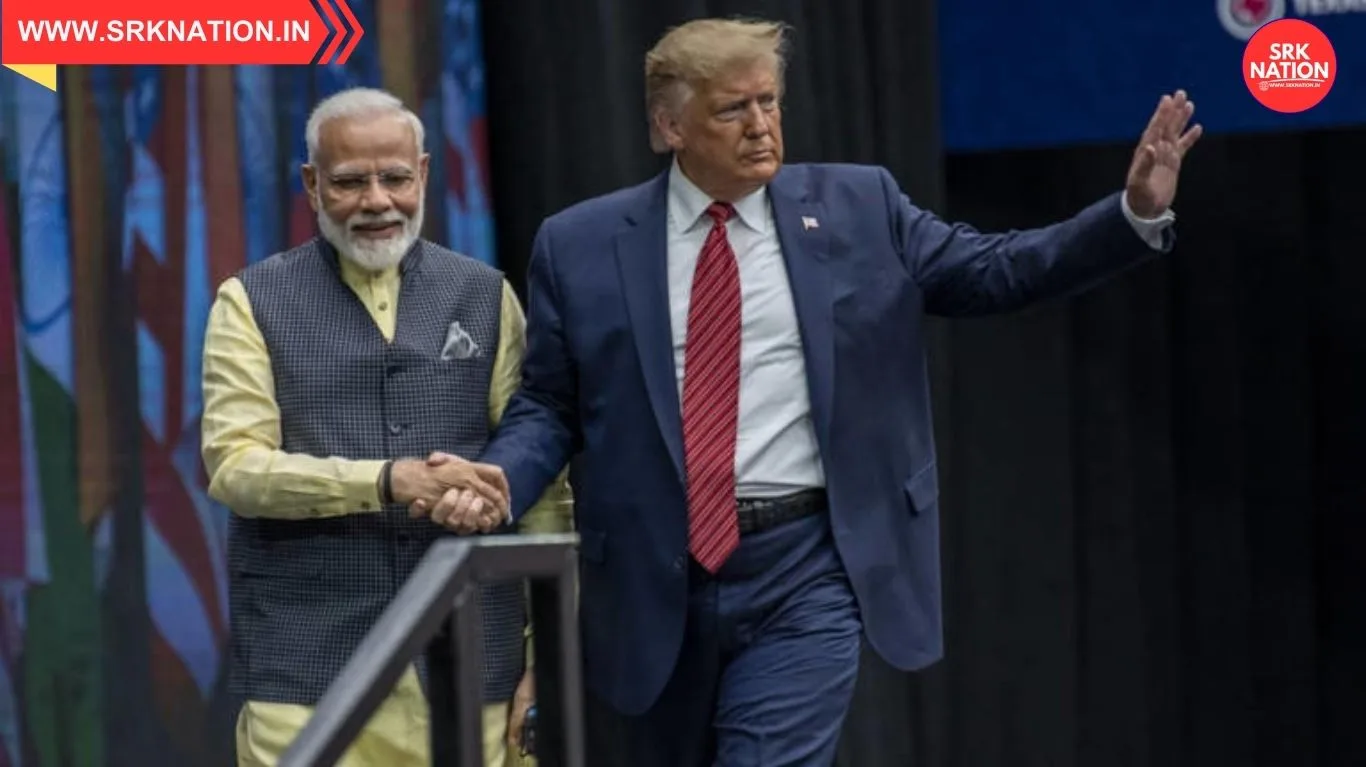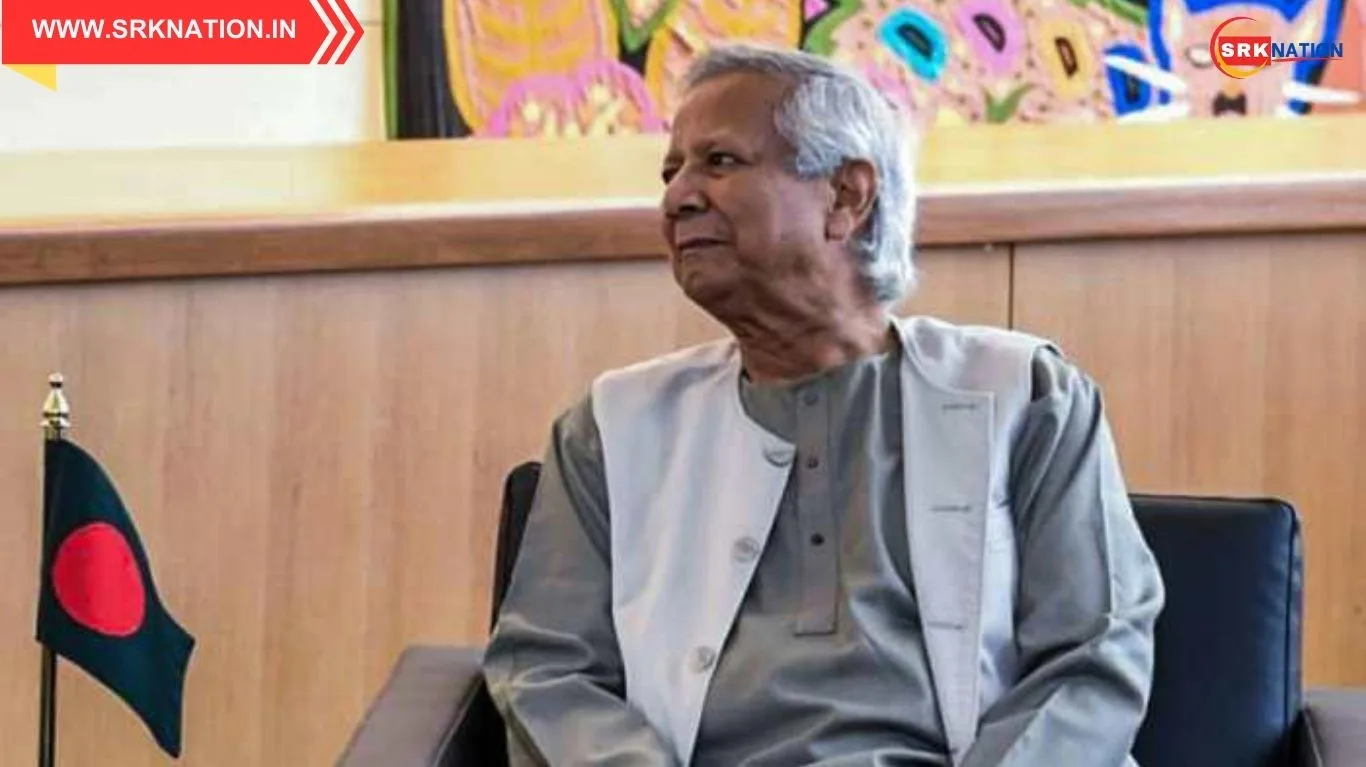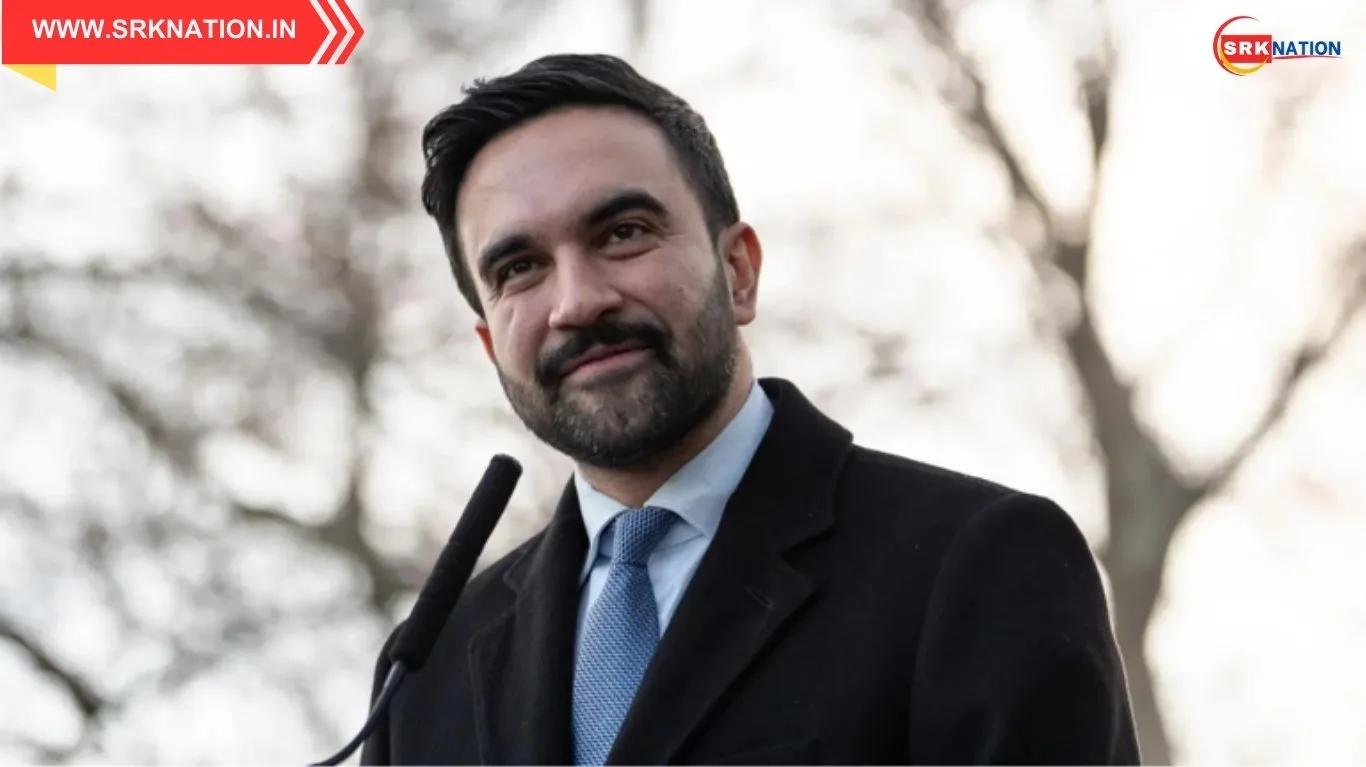As tensions escalate between Washington and New Delhi over the recent imposition of steep tariffs on Indian exports, prominent American foreign policy experts are calling for a dramatic reversal. Edward Price, adjunct professor at New York University and former US government advisor, has urged the Biden administration to “bring the tariff down to zero and apologise to India,” describing the current trade stance as “irrational” and strategically damaging.
The remarks come amid growing criticism of former President Donald Trump’s legacy on India-US relations, particularly his decision to impose a 50% tariff on Indian goods in August 2025. Price’s comments have reignited debate over whether Washington is undermining one of its most crucial 21st-century partnerships at a time when global alliances are being reshaped by the China-Russia axis.
🧭 What US Experts Are Saying About India Tariffs
| Expert Name | Affiliation / Role | Key Statement / Position |
|---|---|---|
| Edward Price | NYU Adjunct Professor | “Remove the 50% tariff and apologise to India” |
| Jake Sullivan | Former US NSA | Trump prioritised personal business over strategic ties |
| Independent Analysts | Foreign Policy Community | Tariffs risk pushing India closer to China and Russia |
| Trade Economists | Brookings, Peterson Institute | Tariffs violate post-war trade norms for developing nations |
Price emphasized that India holds a “deciding vote” in global affairs and warned that alienating New Delhi could have long-term consequences for US influence in Asia.
🔍 Timeline of US-India Tariff Dispute
| Date | Event / Development | Impact on Bilateral Relations |
|---|---|---|
| Aug 27, 2025 | US imposes 50% tariff on Indian exports | Trade volume drops, diplomatic strain intensifies |
| Sept 1, 2025 | India seeks WTO consultation | Formal challenge to US tariff regime |
| Sept 2, 2025 | Edward Price calls for apology and reset | Sparks policy debate in Washington |
| Sept 3, 2025 | India-US trade talks postponed | Sixth round of BTA negotiations delayed |
The tariff hike has affected key Indian sectors including textiles, gems and jewellery, chemicals, and furniture, triggering calls for relief measures from New Delhi.
📉 Strategic Risks of Alienating India
Experts warn that Trump’s tariff policy could backfire by pushing India toward closer alignment with China and Russia—precisely the outcome US foreign policy has long sought to avoid.
| Risk Factor | Strategic Consequence | Expert Commentary |
|---|---|---|
| Trade Disruption | Loss of Indian market access for US firms | “Short-sighted and self-defeating” – Price |
| Geopolitical Drift | India explores alternatives to US partnership | “Modi is playing his cards smartly” – Price |
| Diplomatic Isolation | India skips US-led forums | “India has options and is reminding us” |
| Economic Retaliation | India imposes counter-tariffs | WTO challenge underway |
Recent images of PM Narendra Modi alongside Xi Jinping and Vladimir Putin have fueled speculation about a new strategic triangle, though experts caution against reading too much into optics.
🔥 India’s Response: Strategic Autonomy and Trade Pushback
India has maintained a firm stance, refusing to bow to tariff pressure while continuing to engage diplomatically. Commerce Minister Piyush Goyal has reiterated that India will not compromise on core sectors like agriculture and dairy.
| Policy Response | Status / Action Taken | Strategic Message |
|---|---|---|
| WTO Consultation | Initiated | Legal challenge to US tariffs |
| Bilateral Trade Talks | Postponed | India seeks clarity before next round |
| Export Diversification | EU, ASEAN, Africa outreach | Reducing dependency on US market |
| Domestic Relief Measures | Cotton duty exemption, GST tweaks | Supporting affected sectors |
India’s strategic autonomy remains central to its foreign policy, with PM Modi balancing relations without fully embracing any bloc.
🧠 Expert Commentary: Why Apologizing to India Matters
Edward Price’s call for an apology is not just symbolic—it reflects a deeper understanding of India’s role in shaping 21st-century geopolitics.
“India is a significant player in the 21st century and is poised to become even more powerful. I can’t for the life of me understand why the President of the US, in confrontation with China and in a war with Russia, would impose 50% tariffs on India. We need to remove them and apologise,” Price told ANI.
He also praised Modi’s strategic balancing act, noting that India has not fully embraced the China-Russia axis and continues to assert its independence.
📦 What Washington Must Consider Next
| Policy Option | Strategic Benefit | Political Risk |
|---|---|---|
| Remove Tariffs | Restore trust, boost trade | Domestic backlash from protectionist lobbies |
| Issue Diplomatic Apology | Symbolic reset of relations | Political optics in election season |
| Resume Trade Talks | Progress on Bilateral Trade Agreement | Requires compromise on sensitive sectors |
| Expand Strategic Dialogue | Broaden cooperation beyond trade | Needs bipartisan support |
Analysts argue that the US must treat India as a strategic equal, not just a transactional partner.
📌 Conclusion
As calls grow louder for Washington to reverse its tariff policy and apologize to India, the spotlight is on whether the Biden administration will heed its own experts. With Edward Price and others warning of strategic fallout, the stakes are high. India’s role as a global swing state in the 21st century demands respect, not confrontation. Whether Washington chooses reset over rivalry may well determine the future of the US-India partnership—and the balance of power in Asia.
—
Disclaimer: This article is based on publicly available expert interviews and media reports as of September 3, 2025. It is intended for informational purposes only and does not constitute diplomatic, legal, or investment advice.


